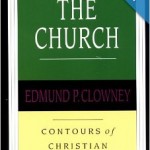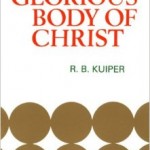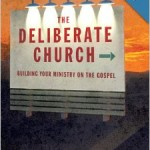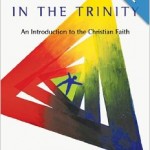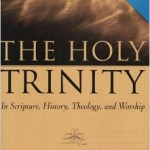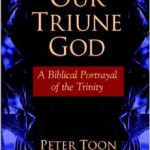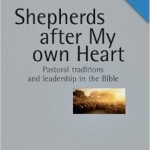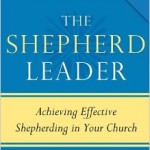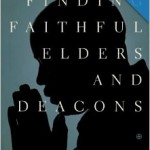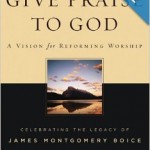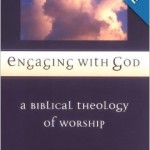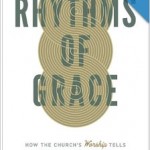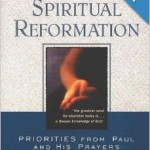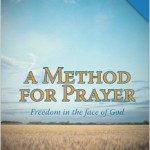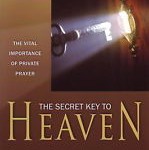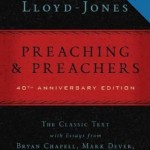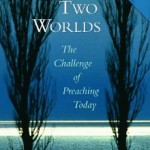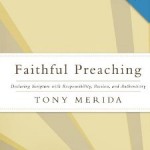Books are some of the best friends a pastor can have. How to know which friends to have is quite difficult, for as the inspired Preacher said, “Of making many books there is no end” (Ecclesiastes 12:12). So every couple of weeks I suggest three books a pastor should read on a given topic, hoping they will serve his ministry. Check out my past suggestions here.
One of my Endeavors for 2014 is to grow in personal evangelism. God appears to use two things to stir my soul in the practice: relationships (people who are faithful to show it) and reads (people who are faithful to teach it). Here are suggestions on profitable works for the pastor’s personal evangelism:
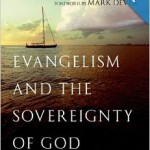 Evangelism and the Sovereignty of God by JI Packer. A timeless work on a timelessly thorny issue. Packer deals with two common questions related to personal evangelism and the sovereignty of God: “If God is in control of everything, can Christians sit back and not bother to evangelize? Or does active evangelism imply that God is not really sovereign at all?” With typical eloquence Packer gives a biblical “no” to both questions, and ably shows how sovereignty fuels our evangelism.
Evangelism and the Sovereignty of God by JI Packer. A timeless work on a timelessly thorny issue. Packer deals with two common questions related to personal evangelism and the sovereignty of God: “If God is in control of everything, can Christians sit back and not bother to evangelize? Or does active evangelism imply that God is not really sovereign at all?” With typical eloquence Packer gives a biblical “no” to both questions, and ably shows how sovereignty fuels our evangelism.
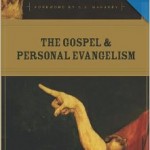 The Gospel and Personal Evangelism by Mark Dever. Dever wanted a resource to use in discipline Christians in personal evangelism, so he wrote this book. Clear and cogent, short and substantive, The Gospel and Personal Evangelism will encourage diligence in sharing the good news. His chapters on “Why Don’t We Evangelize?” and “How Should We Evangelize?” are unusually pointed.
The Gospel and Personal Evangelism by Mark Dever. Dever wanted a resource to use in discipline Christians in personal evangelism, so he wrote this book. Clear and cogent, short and substantive, The Gospel and Personal Evangelism will encourage diligence in sharing the good news. His chapters on “Why Don’t We Evangelize?” and “How Should We Evangelize?” are unusually pointed.
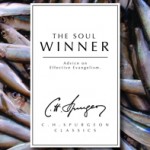 The Soul-Winner: Advice on Effective Evangelism by Spurgeon. By any measure, Spurgeon was one of the most effective and passionate evangelists of all time. The Soul-Winner is a collection of addresses the Prince gave to encourage all who would win souls to Christ. He writes, “Soul-winning is the chief business of the Christian minister; indeed, it should be the main pursuit of every true believer.” Amen. Sit and learn from a master evangelist.
The Soul-Winner: Advice on Effective Evangelism by Spurgeon. By any measure, Spurgeon was one of the most effective and passionate evangelists of all time. The Soul-Winner is a collection of addresses the Prince gave to encourage all who would win souls to Christ. He writes, “Soul-winning is the chief business of the Christian minister; indeed, it should be the main pursuit of every true believer.” Amen. Sit and learn from a master evangelist.
HONORABLE MENTIONS
Marks of the Messenger by Mack Stiles. I heard Stiles say once that it’s rare for a day to pass when he doesn’t share the gospel with someone. That’s a man I want to learn from and Marks of the Messenger is his best book to date.
Tell The Truth by Will Metzger. A God-centered and truth-saturated manual for personal evangelism, characteristics that unfortunately are rare in the genre.

